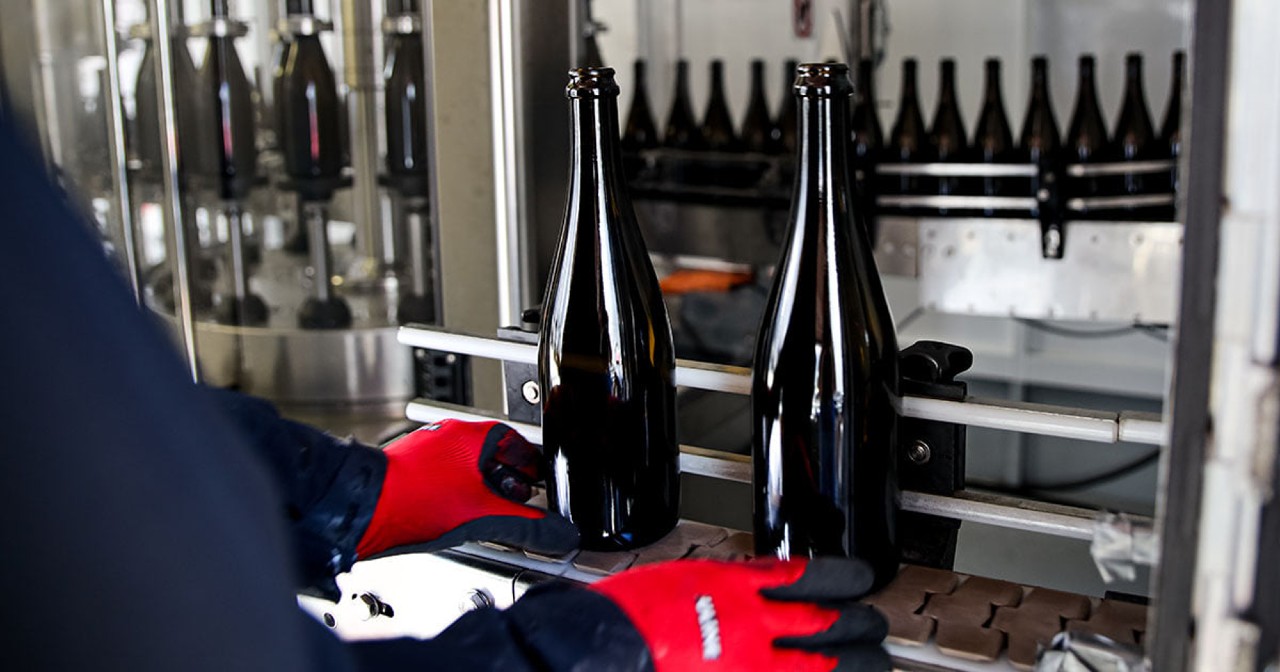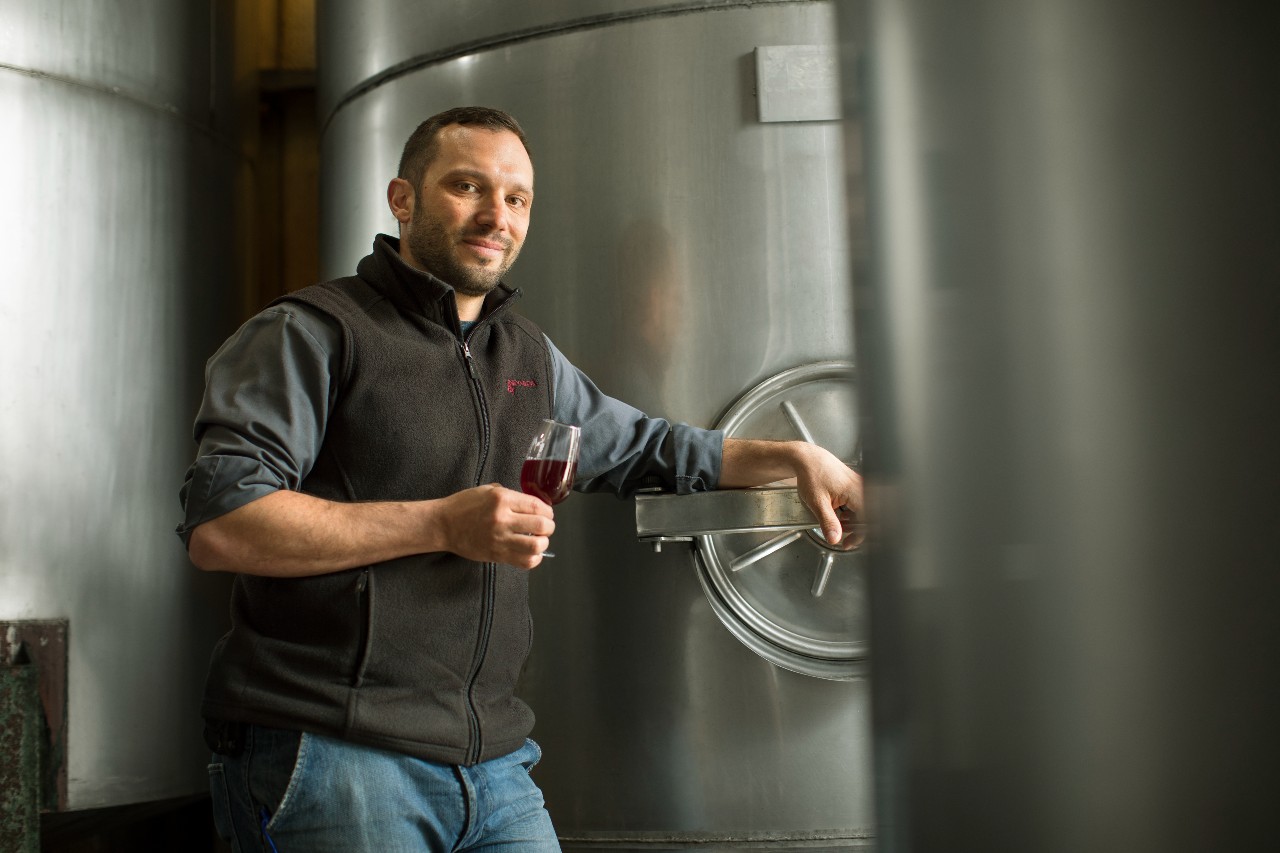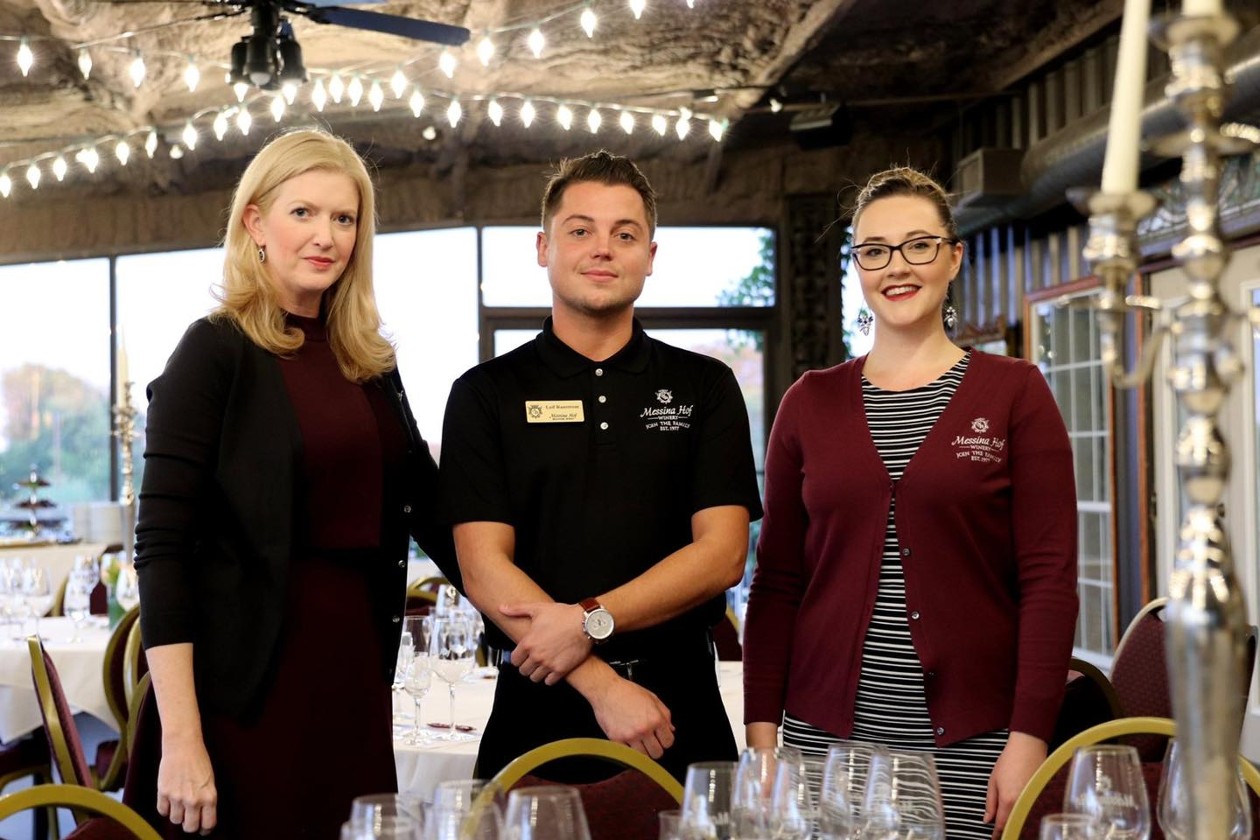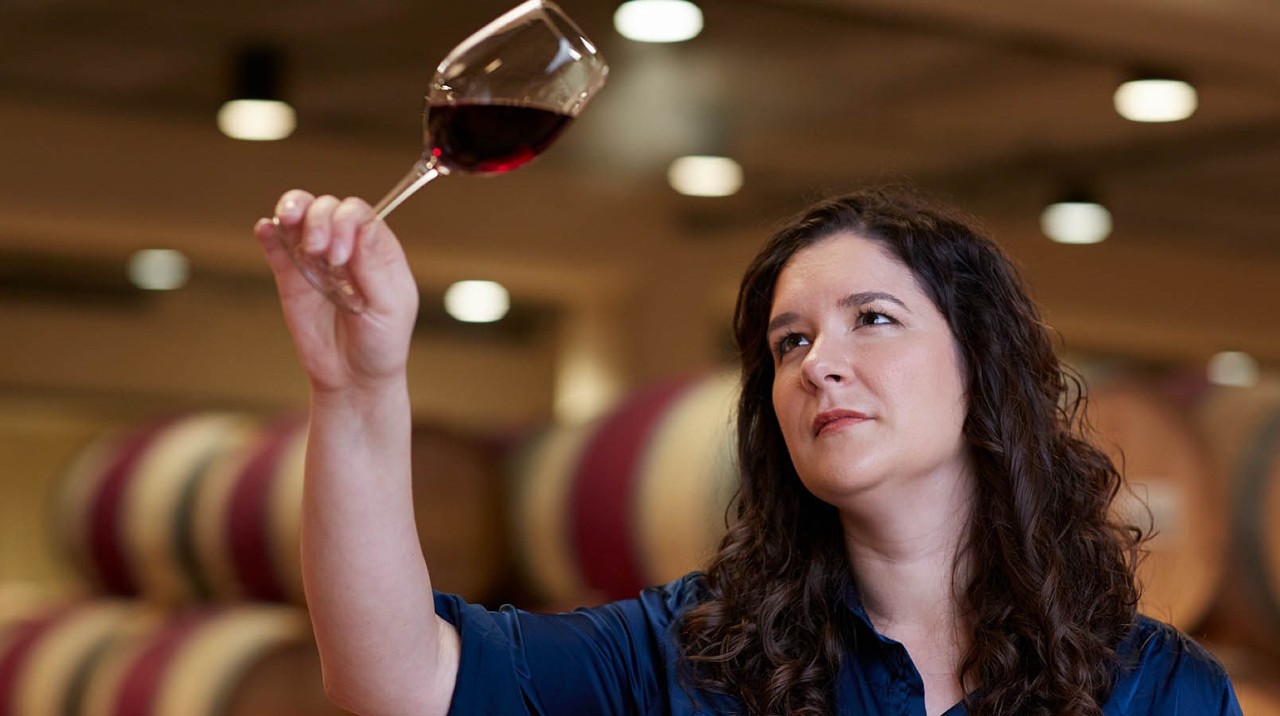Looking for your next generation of leaders at your winery? Some vintners swear by summer (and longer) internships to find future managers.
Wine-industry professionals that Modern Winemaker spoke with shared how they find and utilize interns, who can provide a low-cost (and sometimes free) helping hand while learning skills to make them both better in the short term and long term.
The experts said you should remember three things when preparing to add interns to your staff.
Compensate them well
Willamette Valley Vineyards CEO Jim Bernau said unpaid internships weren’t worth the potential hassle for either side, stressing that it was unreasonable to expect people to work for nothing amid high living costs.
“We do offer internships and they are at competitive hourly pay rates for each position, regardless if they are in an academic internship program,” Bernau said. “The federal rules are such that it is too time consuming — and risky — to comply with offering unpaid internships.
“We have had a number grow into a permanent position or return after college to the company.”
Take Hiring and Onboarding Seriously
Messina Hof in Bryan, Texas is also among those that bring on interns, and they take the hiring and onboarding process seriously, something Chief Administrative Officer Karen Bonarrigo said is essential to optimizing the experience for both the intern and the hiring company.
Interns go through the Texas winery’s standard application process, which includes a telephone screening and an in-person interview at the Messina Hof Estate in Bryan — the winery’s flagship location.
Bonarrigo said going through a full hiring process — just as a company would with a full-time employee — is essential to getting things off the ground.
Doing so will allow both sides a chance to make their expectations clear and determine whether it’s a good fit.
“Be sure to understand the timeline of the intern, including number of hours per week, days they can or want to work per week, and if there is a hard stop to their internship,” Bonarrigo noted. “Often interns have end of semester projects or educational program progression points that force the official end of their internship. Ask them at the start about areas they are most interested in so that their internship can be molded towards that subject, if possible.
Reward Initiative
TerraVox Wine in Kansas City, Missouri is a developing winery that makes experimental wines from indigenous grapes. Owner and founder Jerry Eisterhold said the company hires interns and gives preference to interns who take the initiative to contact them.
The internship is treated as an informal empirical interview and full-time jobs are possibilities for the right candidates.
Eisterhold said TerraVox can do the training and the teaching, but they need to see a desire to learn and work, he explained.
“Look for someone who takes initiative and responsibility: character counts more than prior experience,” Eisterhold said. “While we take care to explain to them what we are doing, and expose them to a range of experiences, they do have to prove that they are self-starters and can take initiative and responsibility.
“Someone who requires extensive hand-holding can be an energy drain on everyone. But we try to ensure that they leave with a good and positive learning experience under their belt.”








Be the first to comment